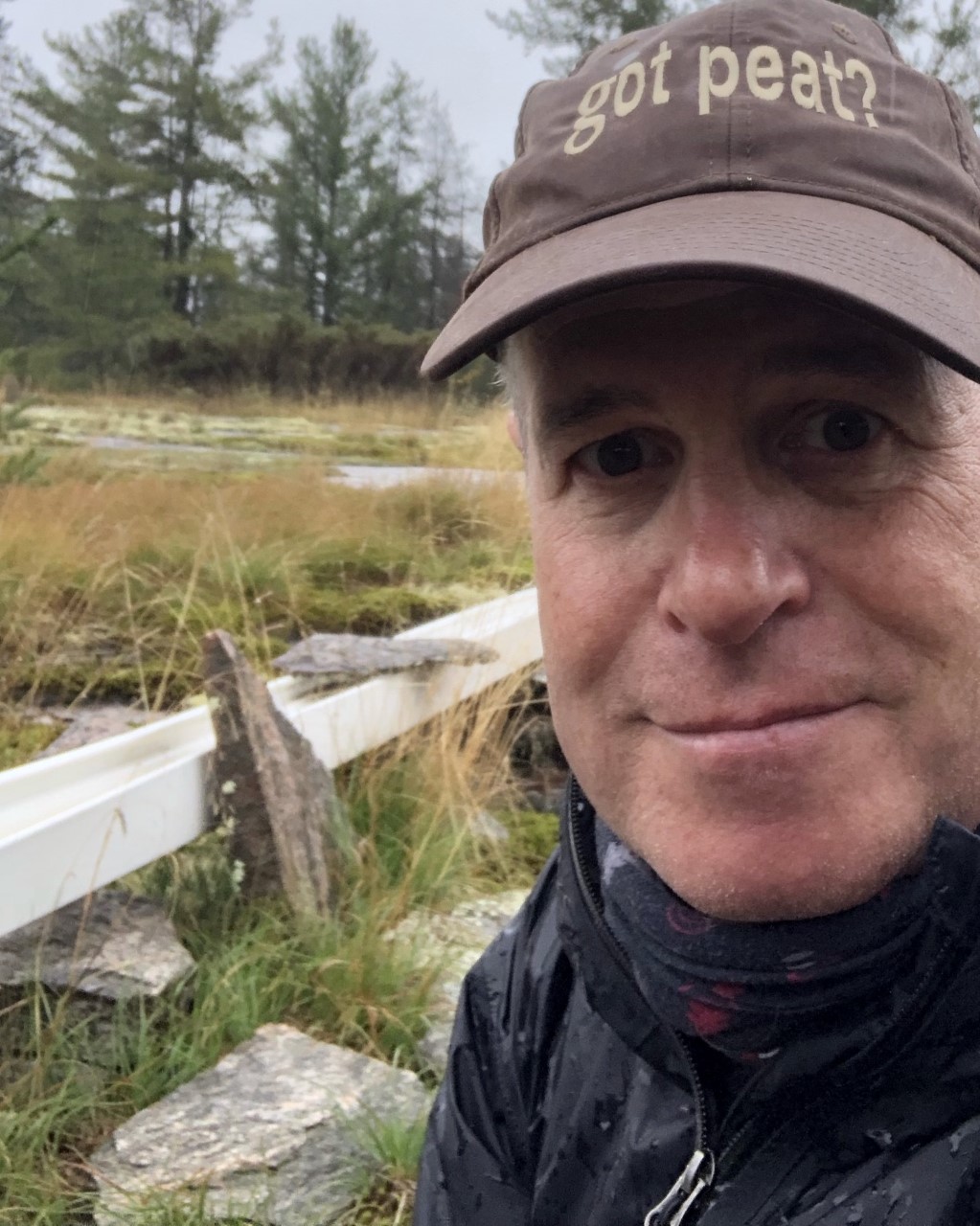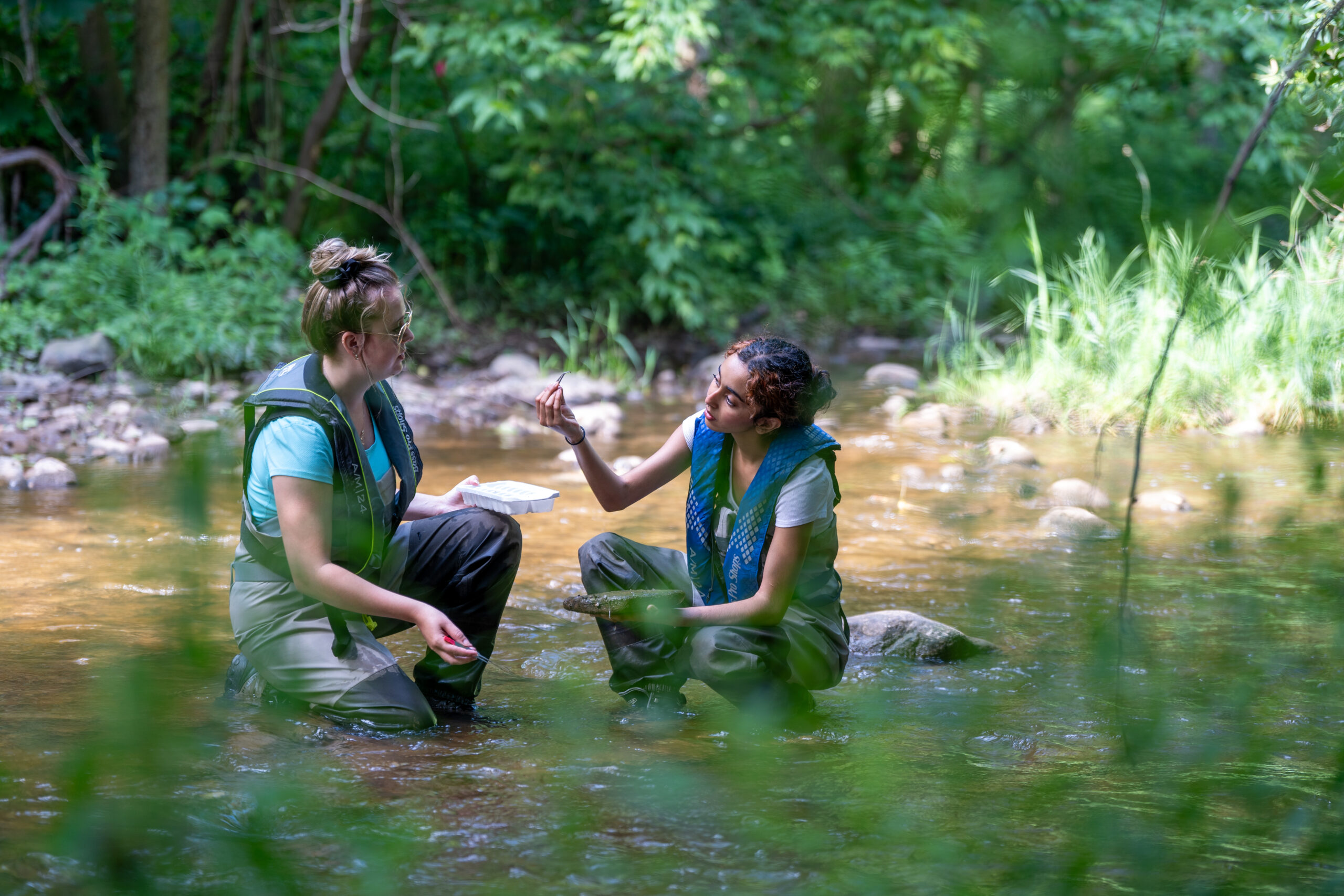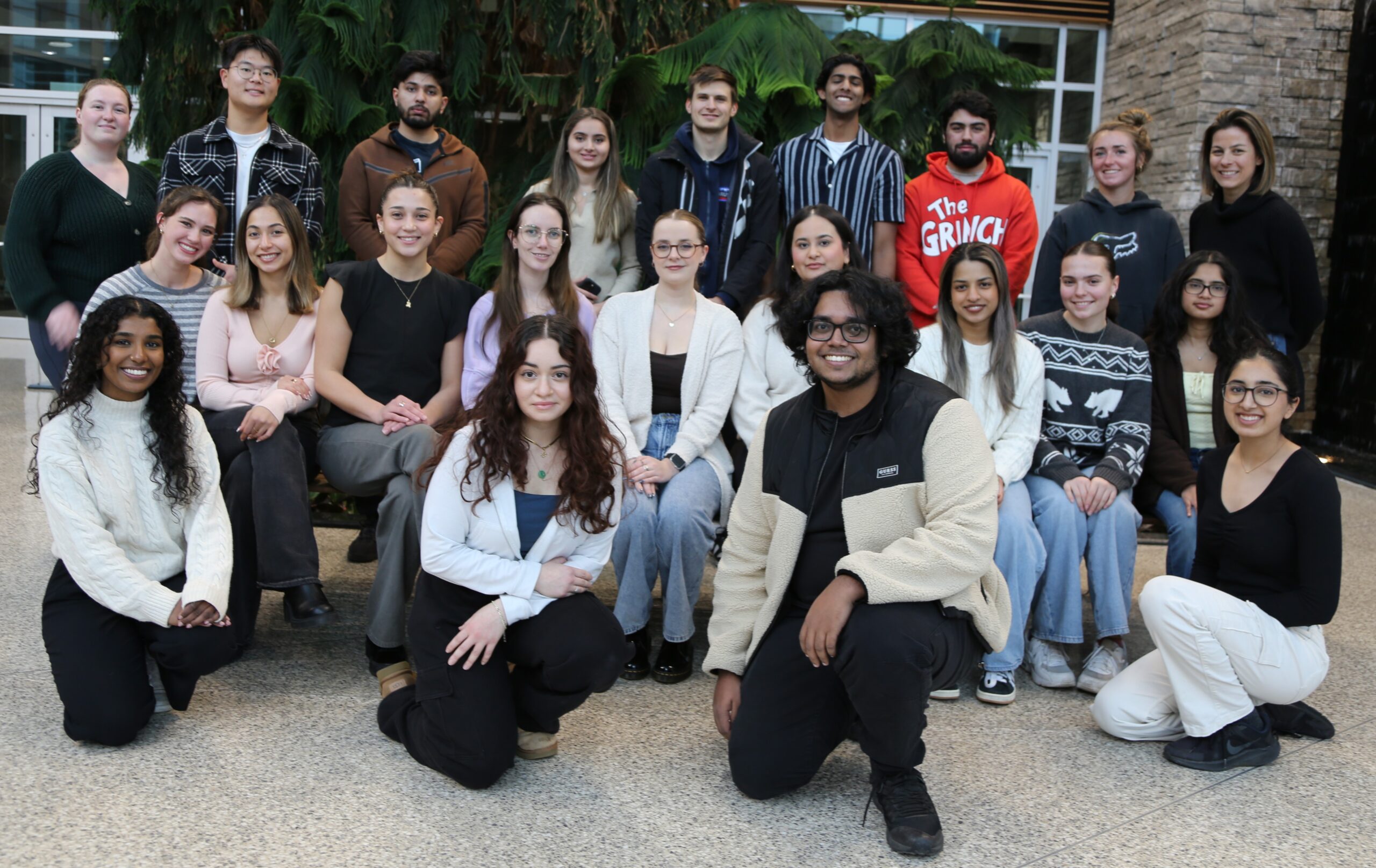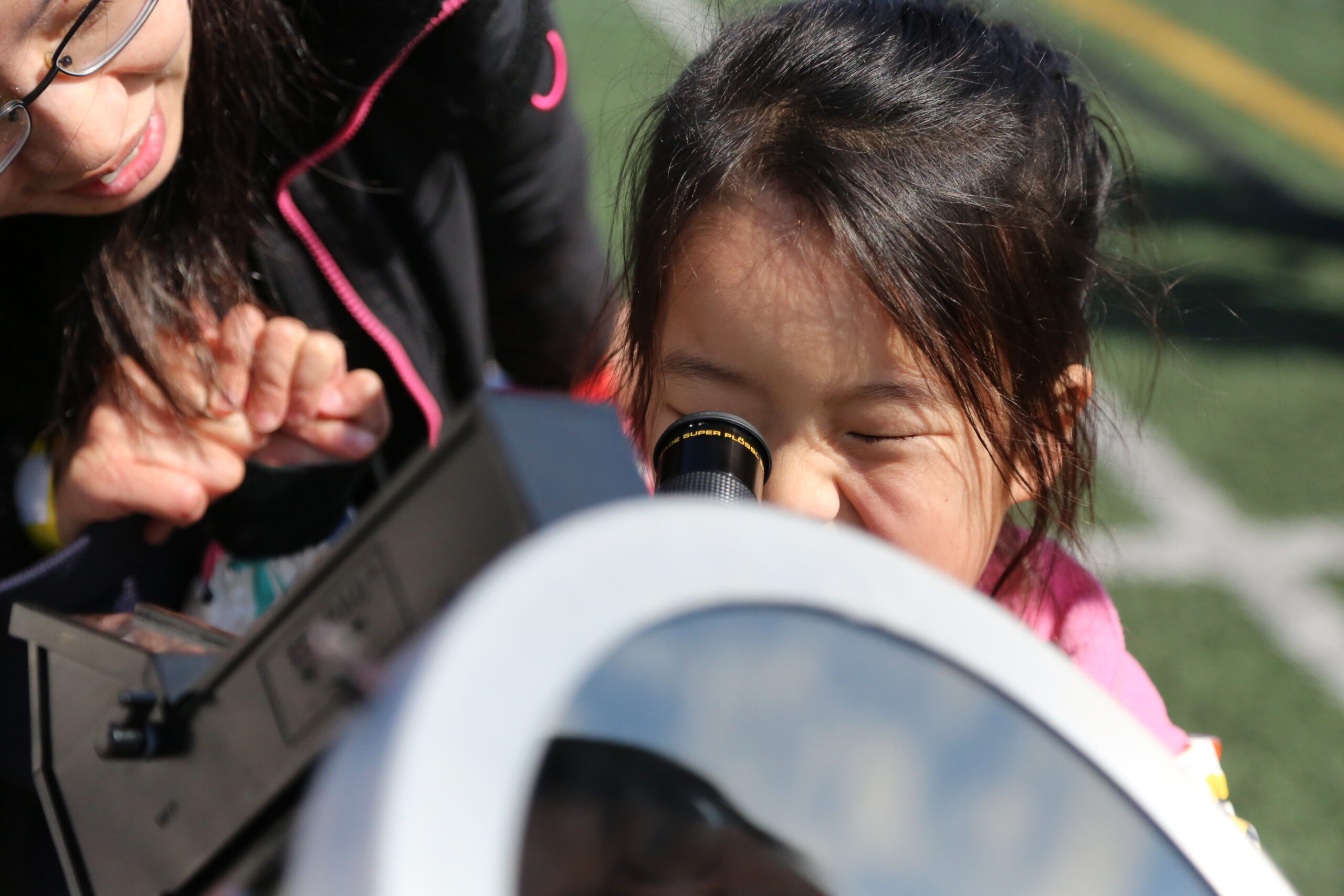5 Questions with Mike Waddington

Looking to roll out or revamp a recognition program for your team in 2022? Mike Waddington introduced the Nobel Peat Awards 12 years ago to recognize early career researchers in his McMaster Ecohydrology Lab and also raise their profile with international researchers. Mike, a Professor with the School of Earth, Environment & Society and the Canada Research Chair in Ecohydrology, offers advice on how to recognize and raise the profile of your team.
What inspired you to launch the Nobel Peat Prizes?
It started out as a fun pun and it just built from there. Members of the McMaster Ecohydrology Lab started conducting research on peatlands in the Nobel, Ontario area in 2010. I thought it was a pity that the best and most exciting science in peat and peatlands wasn’t being recognized in some way and so the Nobel Peat Prizes were born. Each year, members of the McMaster Ecohydrology lab review, discuss and critique many top papers and we then rank them and choose a winner. We’ve taken the “paper reading club” from lab meetings to the next level. Two years ago, I added an additional prize for peatland science outreach and community engagement. I donate a dollar for every giga-tonne of carbon stored in northern peatlands (500 Gt C) to the winner. The Peatland Early Career Researchers Action Team has won the award back-to-back and they’ve used their prize money to support science communication. peatland community outreach and equity, diversity and inclusion initiatives.
Why’s recognition important?
Peatlands are the world’s largest natural terrestrial carbon store and the best carbon storage technology that exists. These ecosystems are critical for mitigating the effects of climate change and they punch way above their weight so I figured the science being done in these ecosystems should be recognized in its own unique way. Early career researchers and scientists from diverse backgrounds don’t always get the recognition they deserve and we wanted to start to change that. It is our lab’s way of thanking the science community for their awesome work but I want to be clear this has also become a great way for early career researchers in the MAC Ecohydrology Lab to network with some top international scientists.
What do the awards recognize?
All things peat and peatland science which includes hydrology, ecology, biogeochemistry, restoration ecology, biometeorology, wildfire science and more. It is more about the recognition of diverse and novel science of peat and peatlands than about traditionally high-impact papers. In a nutshell, the awards celebrate the best “research for peat’s sake”.
What’s the response been like from recipients and the research community?
At first not many people knew about the awards and it was just a fun lab thing to discuss at our annual lab retreat. But after we started tweeting about the awards, it kind of grew from there. Over the years I’ve been introduced at conferences as being the principal investigator in the lab that awards the Nobel Peat Prize, I’ve had people tell me how honoured they were to be nominated or win the award. Last year, the journal of the winning paper even got in on the fun and tweeted “We’re honored to have published our first laureate of the #NobelPeatPrize!”. So, the traction really seems to have been growing over the years.
What advice would you give to other principal investigators who are interested in introducing a recognition program in their labs?
Go for it! Make it more about the early career research paper and science review process and recognizing the science from a diverse suite of authors. In this world of multiple publication, citations, h-index, etc. metrics I think the last thing scientists need is another traditional award. Instead, the Nobel Peat Prize has been a fun way to take the lab meeting paper review club to the next level. In a way the networking that the Nobel Peat Prize provides has been a way for the international peatland science community to recognize the awesome science being done here by early career researchers in the McMaster Ecohydrology Lab and visa versa.
Connect with Mike at jmw@mcmaster.ca.
Related News
News Listing

Science Careers & Experience Centre: Empowering Science Students for Success in 2025 and Beyond
Careers & Experience, Community
January 7, 2025

To understand it, teach it – students take nutrition science course on the road
Community, Student experience, Students, Teaching excellence
December 3, 2024

Physics and Astronomy grad students offer out-of-this-world view at total solar eclipse viewing party
Community, Engagement excellence, Graduate students
April 8, 2024
